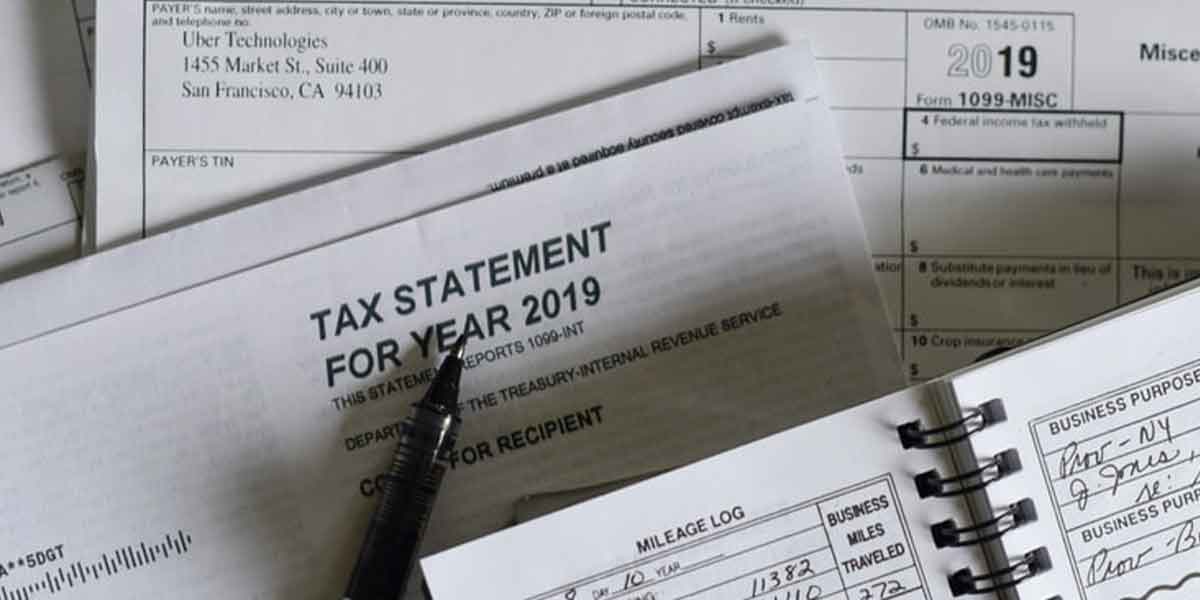Dealing with the loss of a family member is always a challenging time, making it difficult to handle emotions and make important decisions. In such situations, there are various tasks related to the probate process that need attention. Hiring a probate lawyer becomes crucial to navigate through this process effectively.
Understanding the Probate Process
Probate is often associated with a lengthy and costly procedure for transferring the deceased’s estate to the beneficiaries. It can become complex when dealing with an estate without a will or living trust. While avoiding probate is ideal, there are instances where filing a probate case becomes necessary to resolve property distribution issues.
The Role of a Probate Lawyer
A probate lawyer plays a vital role in facilitating communication between beneficiaries and estate executors. Their primary objective is to ensure the proper settlement of the decedent’s estate according to the will or applicable laws. They assist in gathering essential documents, managing financial accounts, addressing tax matters, and validating claims made to the estate.
Understanding Legal Fees
There is a misconception that probate lawyer fees are exorbitant, but arrangements can be made to suit the needs of the beneficiaries. It is essential to discuss payment structures with the lawyer to ensure a fair distribution of assets. In most cases, the fees are covered by the estate, alleviating any financial burden on the beneficiaries.
Saving Money with a Probate Lawyer
A probate lawyer can help you plan your estate effectively, ensuring that property distribution is done efficiently and cost-effectively. By implementing strategies such as estate planning, joint tenancy, and creating wills or trusts, you can minimize costs and avoid unnecessary expenses. Proper estate planning can protect your assets and reduce tax liabilities for your heirs.
Benefits of an Estate Plan
Having a well-thought-out estate plan can save your heirs from significant tax burdens and lengthy legal processes. By reducing your assets before death and establishing trusts or wills, you can streamline the probate process and ensure a smooth transfer of assets to your beneficiaries. Planning ahead can help you avoid unnecessary taxes and protect your estate for future generations.




